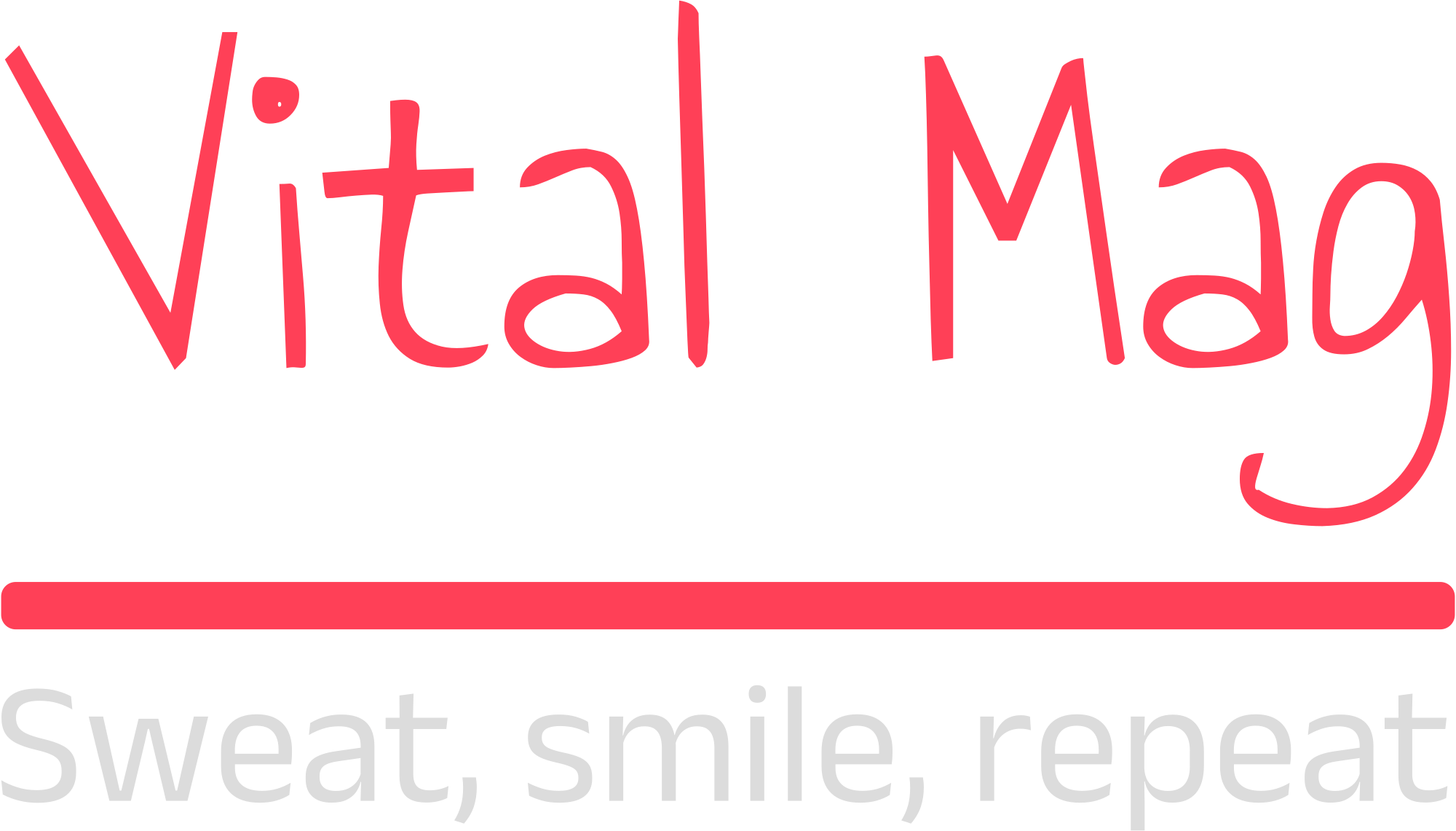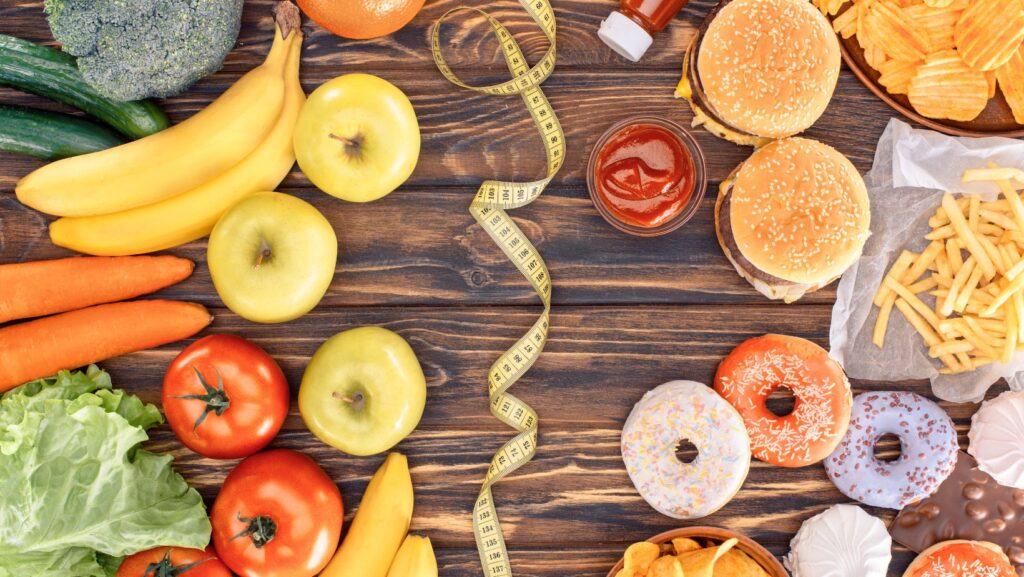Diet vs Nutrition
When it comes to health and wellness, the terms “diet” and “nutrition” are often used interchangeably, but they actually have distinct meanings. As a seasoned blogger in the field, I’ve delved deep into the nuances of these concepts. While diet refers to the foods we consume on a daily basis, nutrition encompasses the broader spectrum of how those foods nourish our bodies. Understanding the disparity between the two is crucial for making informed choices about our well-being.
In this article, I’ll be shedding light on the disparities between diet and nutrition, aiming to provide clarity on their roles in our overall health. As someone passionate about empowering others with knowledge, I believe it’s essential to grasp the disparities between these two terms to cultivate a balanced and sustainable approach to eating. Join me as we explore the intricate relationship between diet and nutrition, and uncover the key distinctions that can revolutionize your well-being.
Overview of Diet vs Nutrition
When discussing diet vs nutrition, it’s crucial to recognize that these terms, while related, have distinct meanings. Diet typically refers to the foods we consume on a daily basis, encompassing everything we eat and drink. On the other hand, nutrition delves deeper into how these foods provide nourishment for our bodies, looking at the nutrients present in the foods and how they impact our well-being.
Understanding the difference between diet and nutrition is fundamental in making informed decisions about our health. While a diet may consist of specific foods or follow a particular eating pattern, nutrition looks at the quality of the foods consumed and how they contribute to our overall health. It’s not just about the quantity of food we eat but also about the types of nutrients they provide.

Importance of Diet and Nutrition
Differences between Diet and Nutrition
Understanding the disparities between diet and nutrition is crucial. While diet pertains to daily food consumption, nutrition delves into how these foods nourish the body through their nutrients.
Impact on Health
An optimal balance of nutrients from a balanced diet is key for overall well-being. Vitamins, minerals, proteins, fats, and carbohydrates play vital roles in supporting health. Designing a nutrient-dense diet tailored to individual needs is essential to prevent deficiencies and maintain energy, immunity, and vitality.
Key Components of a Healthy Diet
Macronutrients
When planning a healthy diet, focusing on the right balance of Macronutrients is crucial. Carbohydrates, proteins, and fats are the three primary macronutrients that provide energy and support various bodily functions. Including a mix of these macronutrients in each meal helps maintain energy levels and overall well-being.
Micronutrients
In addition to macronutrients, Micronutrients are essential for optimal health. These include vitamins and minerals that support immune function, bone health, and other vital processes in the body. Incorporating a variety of fruits, vegetables, whole grains, and lean proteins ensures a diverse intake of these crucial Micronutrients for overall wellness.

Tips for Improving Diet and Nutrition
Meal Planning
When it comes to meal planning, I find it helpful to schedule ahead and prepare balanced meals that include a mix of macronutrients and micronutrients. It ensures that I have nutrient-rich options readily available.
Portion Control
Maintaining portion control is key to a healthy diet. I pay attention to serving sizes to avoid overeating and use smaller plates to help with portion management. It’s a simple yet effective way to manage calorie intake.
Hydration
Staying hydrated is essential for overall health. I make it a point to carry a water bottle with me throughout the day to ensure I’m drinking enough water. Hydration plays a crucial role in digestion, energy levels, and overall well-being.
|
Key Fact |
Data/Statistic |
|
Adequate hydration |
8 glasses a day is recommended |
In essence, focusing on both diet and nutrition is key to maintaining a healthy lifestyle. By incorporating meal planning, portion control, and proper hydration into your daily routine, you can support your overall well-being. Remember to prioritize balanced meals rich in essential nutrients and to be mindful of your portion sizes to prevent overeating. Additionally, make it a habit to carry a water bottle with you to ensure you stay adequately hydrated throughout the day. Small changes in your diet and nutrition habits can lead to significant improvements in your health and vitality.

Ann is a beacon of inspiration and knowledge in the health blogging community, known for her holistic approach to wellness that combines mindful nutrition, balanced fitness routines, and mental health awareness. With a passion for empowering her readers to achieve their healthiest selves, Ann shares practical advice, easy-to-follow recipes, and personal anecdotes that make navigating the journey to wellness accessible and enjoyable.

